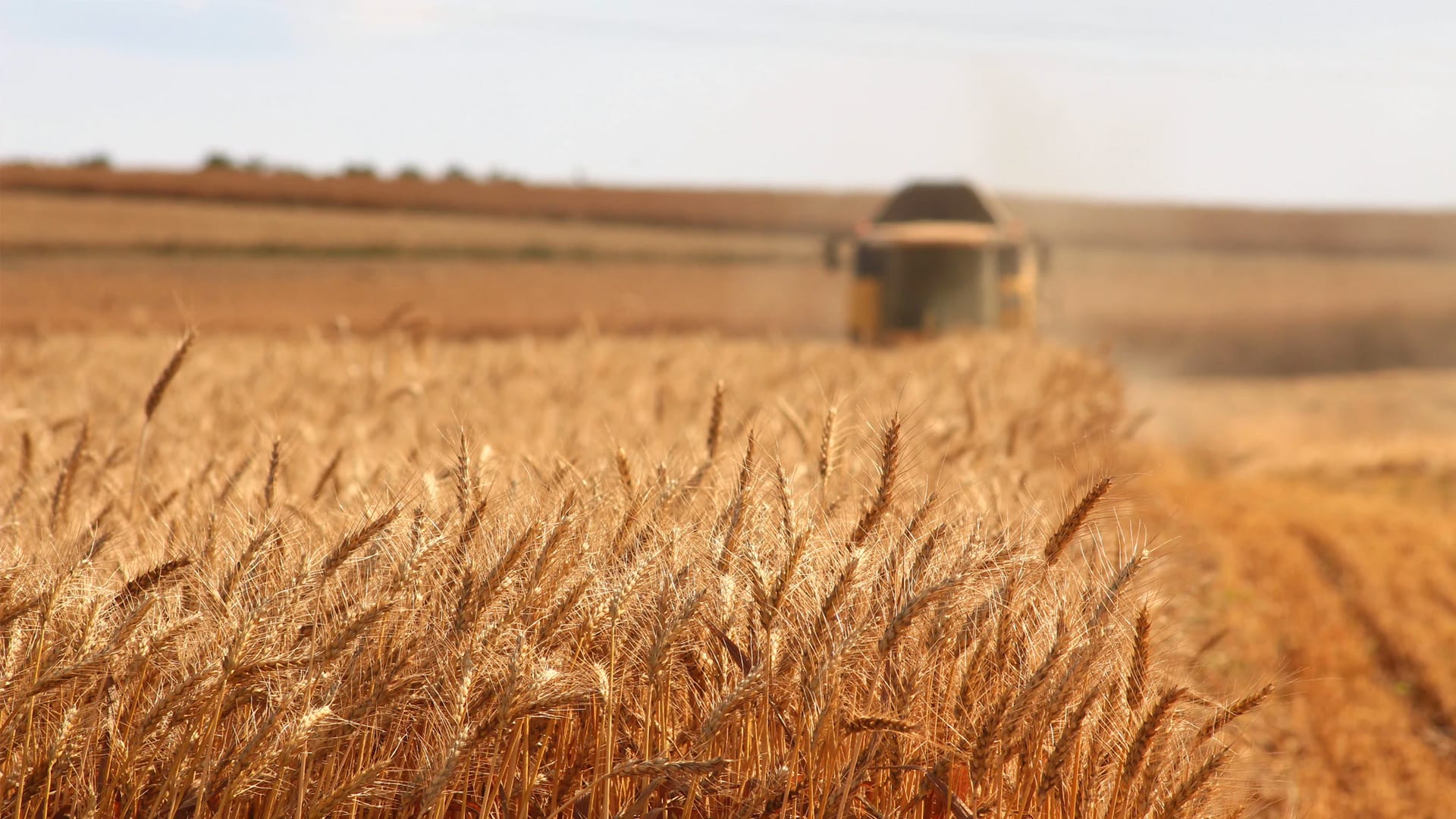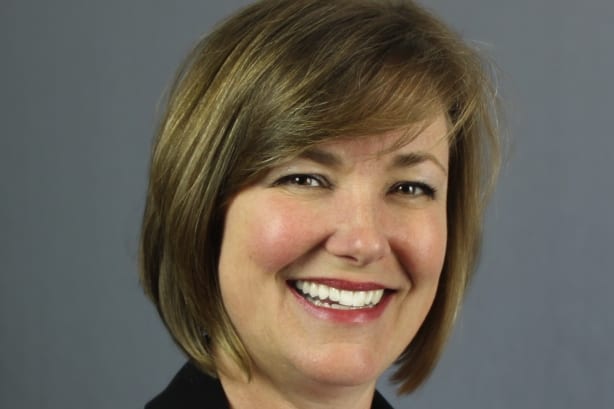I’ve been lucky. Raised in suburban Chicago in a two-bedroom ranch with a one-car garage, we didn’t live large. But my dad was a butcher at the A&P, and my mom was a great cook, so we ate well. My husband talks about eating salmon patties in the ‘70s. We were eating prime steak.
Fast-forward several decades. I find myself in a career that has taken me to countless farms, processing plants and food packaging facilities. I never thought I’d think so much—and so hard—about food.

I’m pretty sure we all feel this way after what we’ve gone through this year. Sparse shelves. Our go-to brand gone. We now look at our pantry and freezer and wonder whether it can last a few weeks, if need be. We greet our grocery-store clerk with a different kind of smile—more sheepish gratitude than a good-day hello.
Our fears—reflected in the fact that 1 in 4 households have faced food insecurity this year, up from 1 in 10 in 2019—are no longer faceless. We have seen them come to life as grocery stores rationed goods, schools set up makeshift meal distribution centers and food pantries faced unprecedented demand.
2020 has fundamentally changed how we think about food.
I’m not talking about home cooking and baking trends, which data from Ketchum’s Brand Reckoning study show was fun for a while, but not expected by consumers to continue forevermore.
I’m talking about what it means to have a reliable, sustainable food system.
Based on our survey of a census-representative sample of Americans aged 18 and older (3,883 Americans in all), we have expanded what a sustainable food system means to us. When provided with definitions of sustainability, only one quarter of people chose definitions with solely environmental connections. The greatest number of people chose this definition: “The ability to produce and provide food to people responsibly, in ways that protect people and the planet and ensure food is available when people want and need it” (italics added for emphasis).
It used to be we’d hear the word sustainability and hitch it to the environment—doing something that protects and supports our natural resources. And it still means that. But for three-quarters of Americans, it now means more. COVID-19 has strengthened the relationship between sustainability and the following:
- A safe food supply (77%)
- Economic viability of food production (76%)
- Food accessibility (74%)
Tomorrow, the United Nations is recognizing World Food Day under the banner “Grow. Nourish. Sustain. Together.” I love that they use the word sustain; as a root, it conveys the richer meaning of sustainability.
In 2020, it’s a particularly poignant word. COVID-19 has been the ultimate speed bump. A reminder to slow down, reflect, cherish. I hope you will join me tomorrow in pausing a moment to cherish everything about food—from the earth that provides it to the people who grow it and the people who help get it to our tables—and commit to helping our neighbors sustain by supporting activities and organizations working to reduce food insecurity.
If you are interested in learning more about Ketchum’s consumer research on food sustainability or food technology, please reach out.



